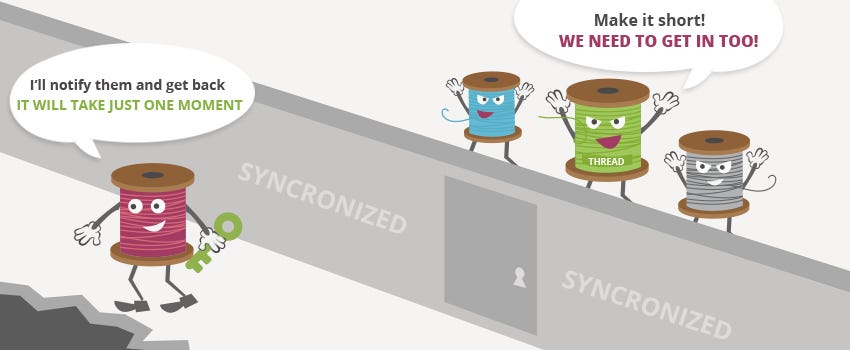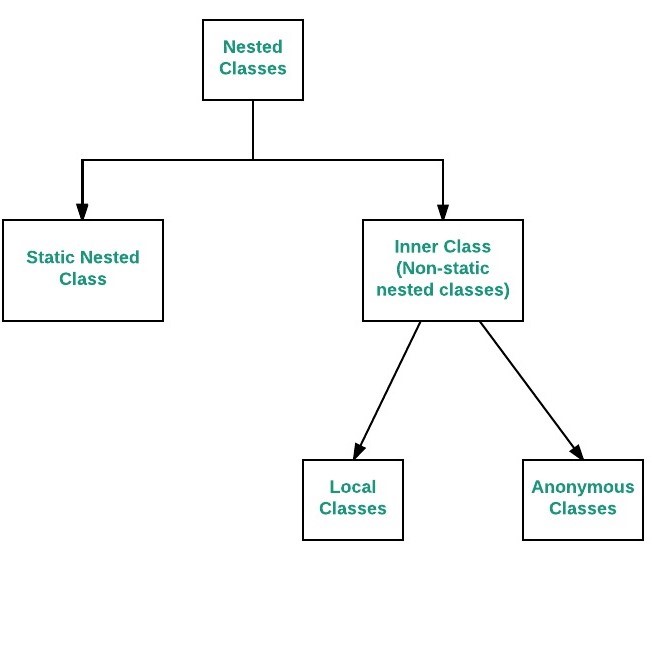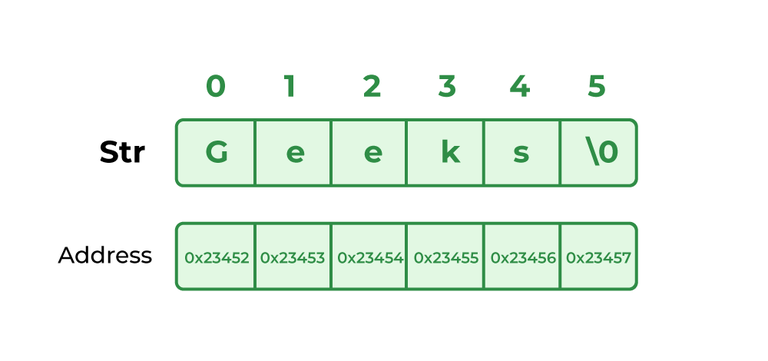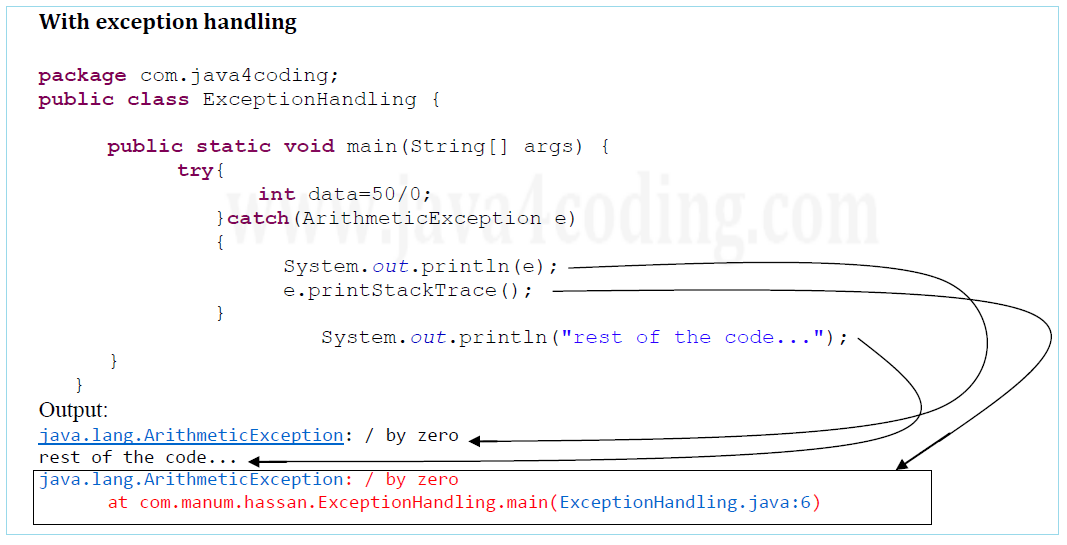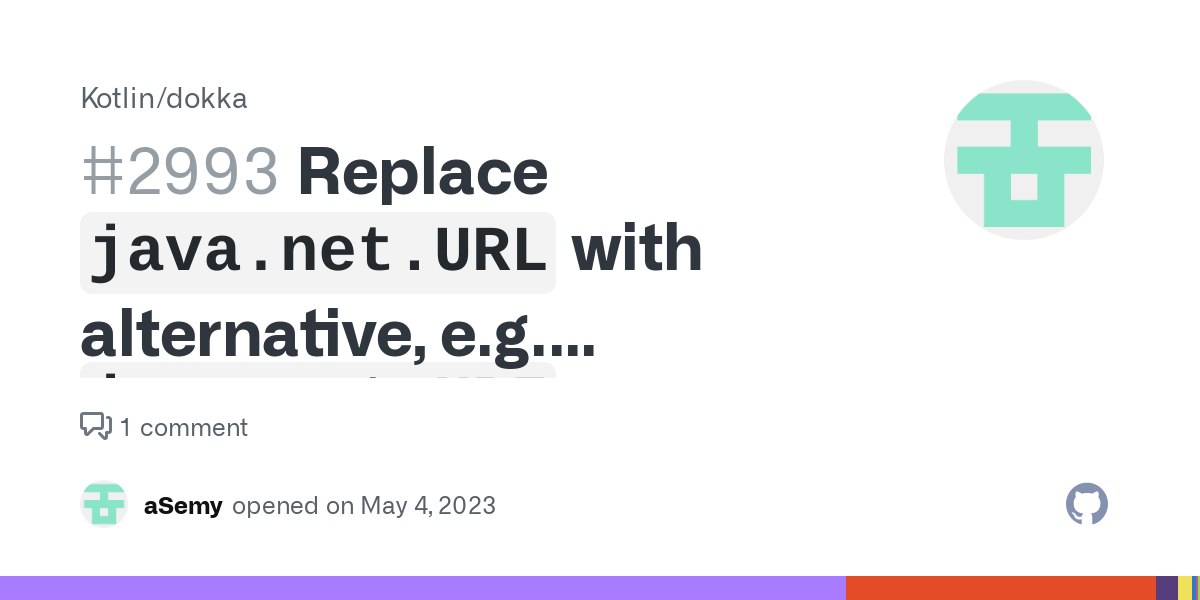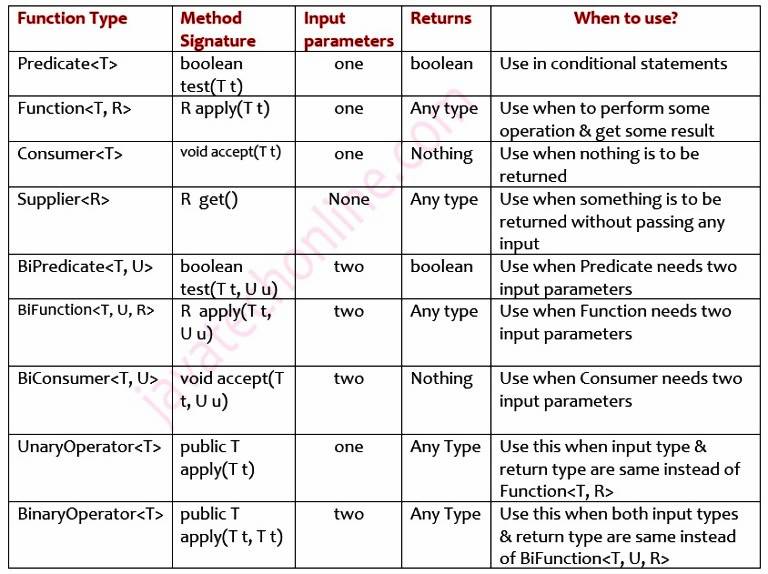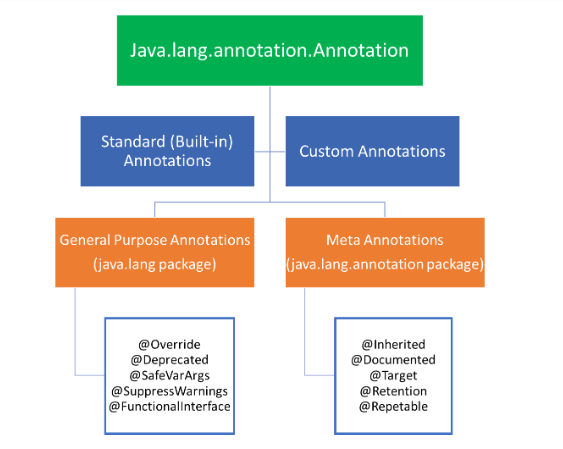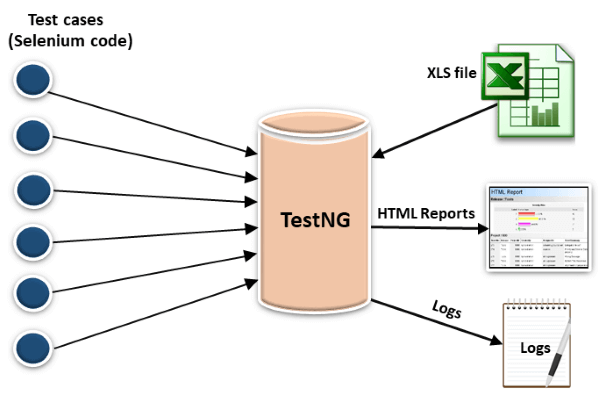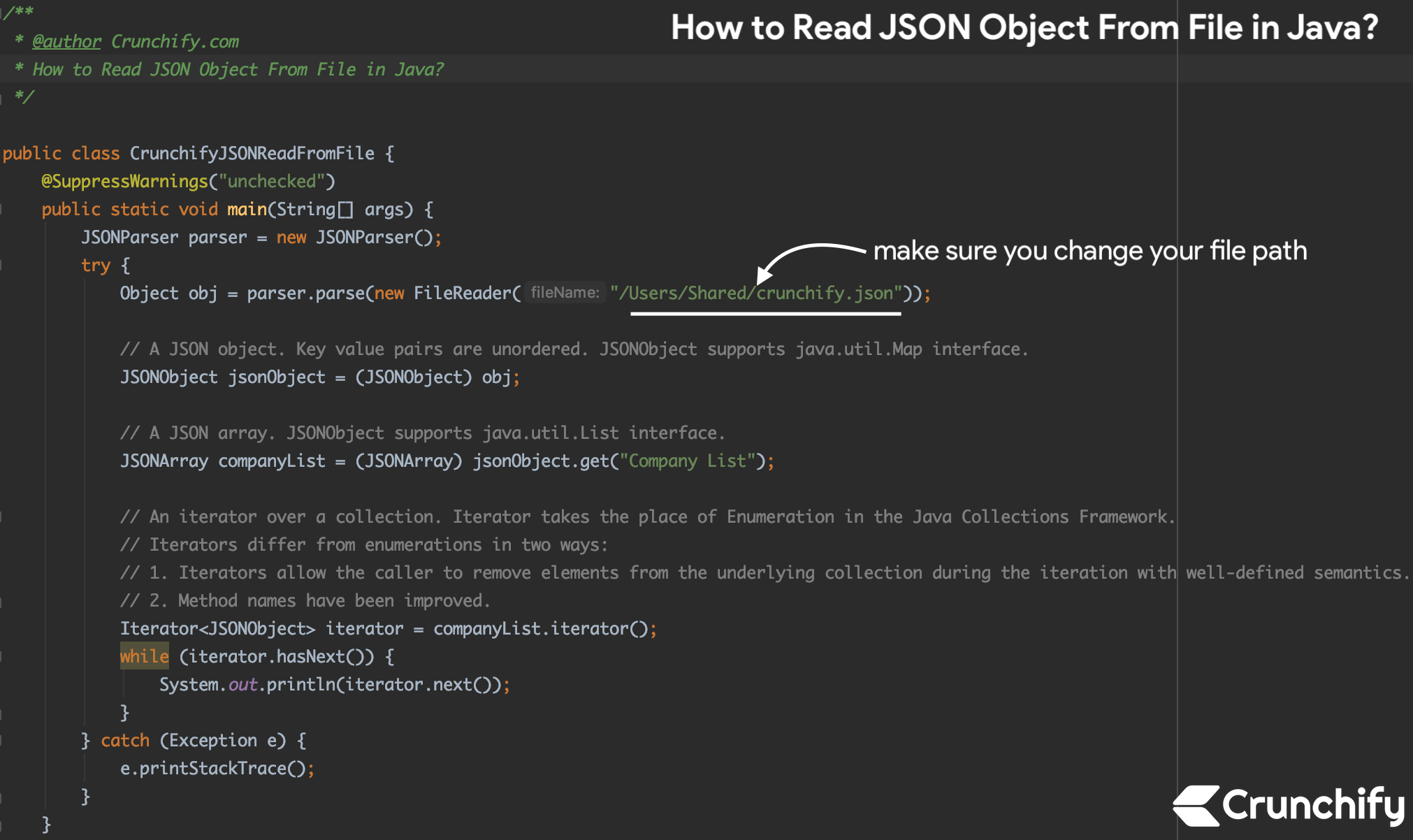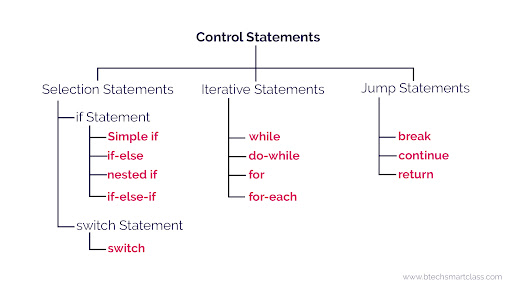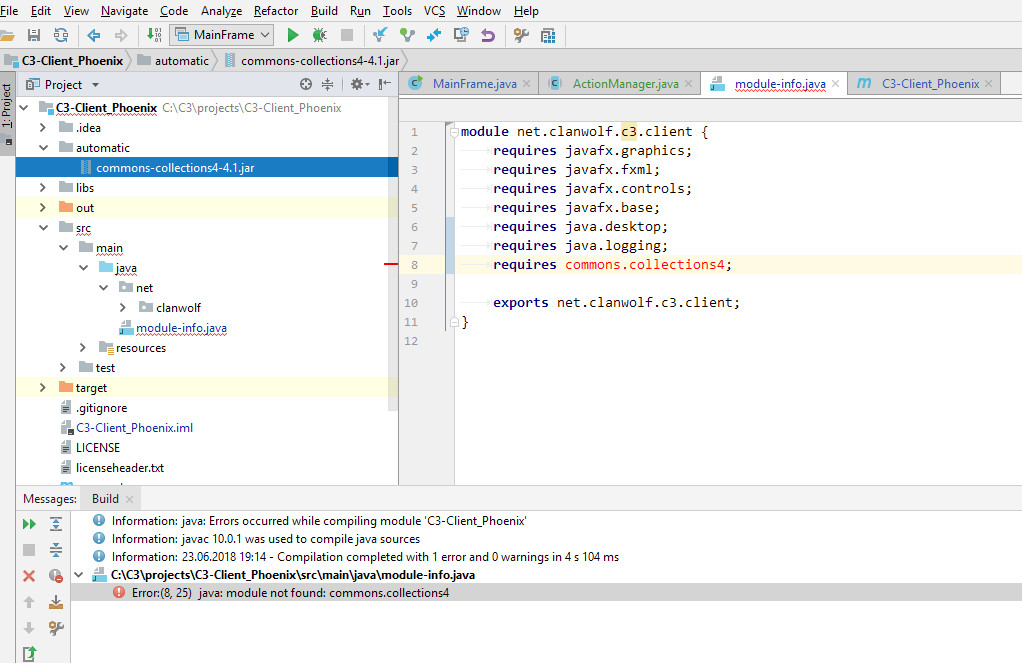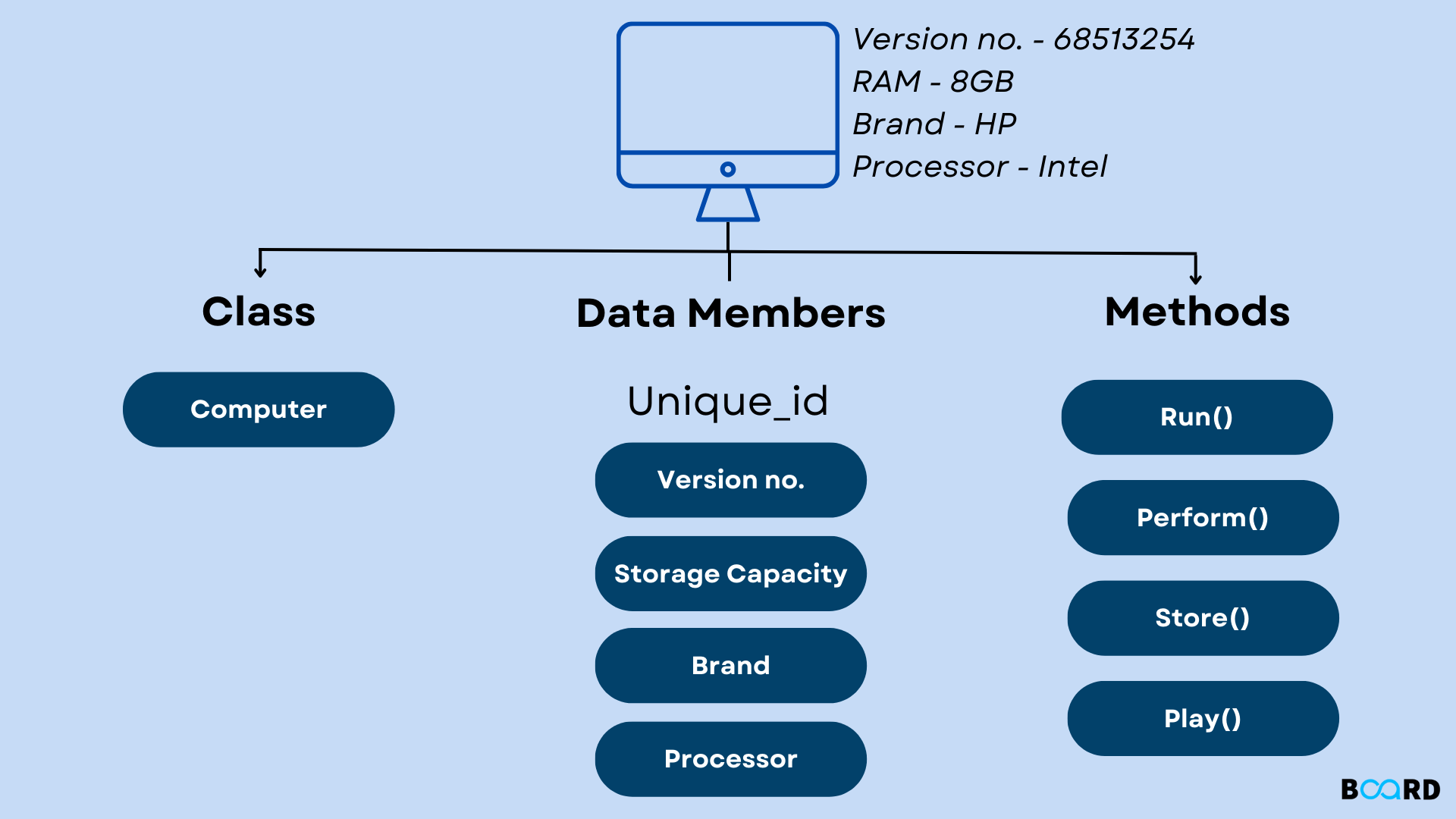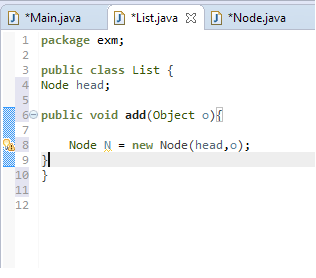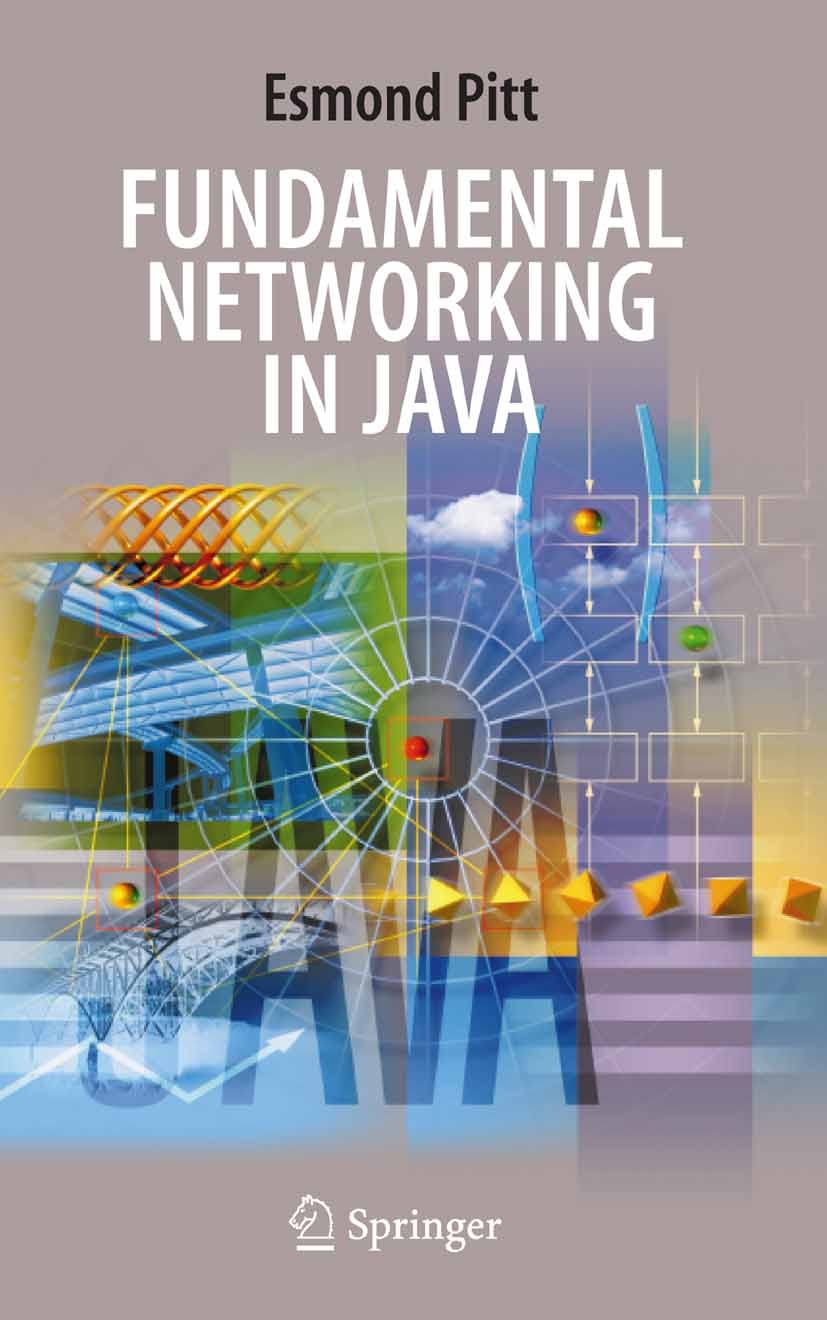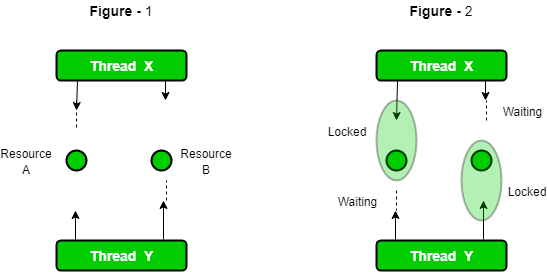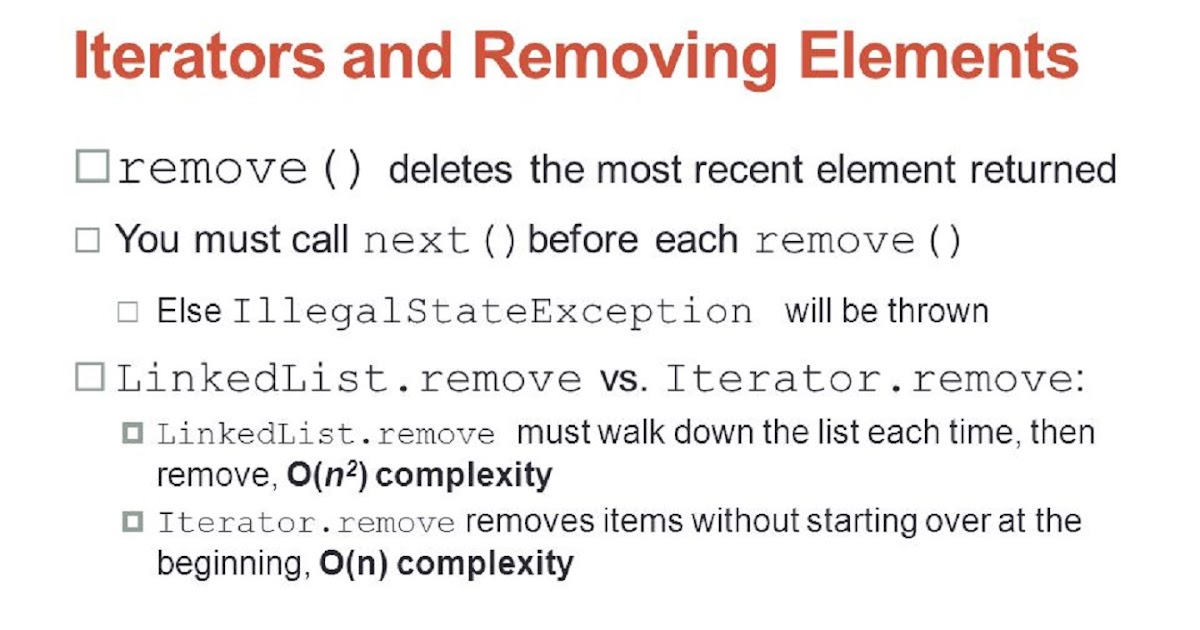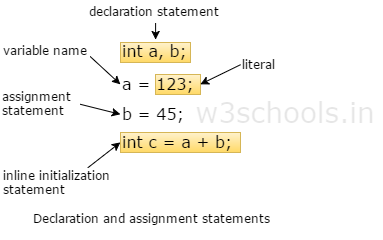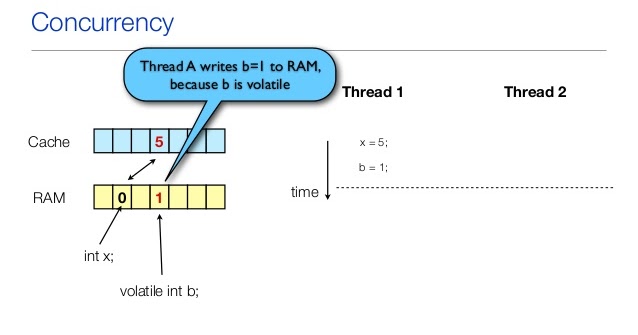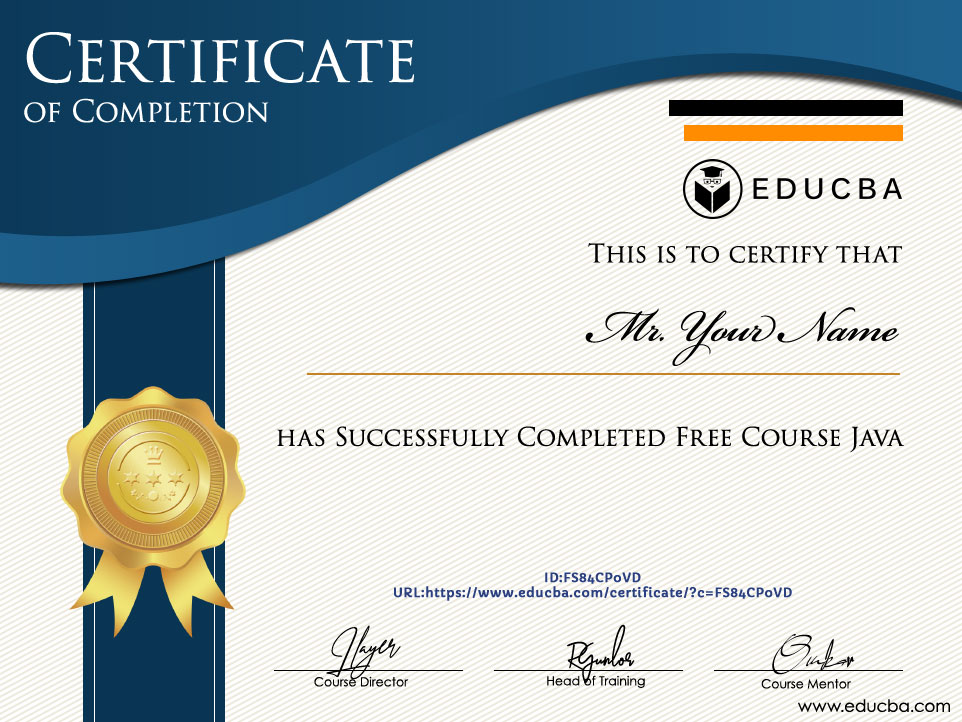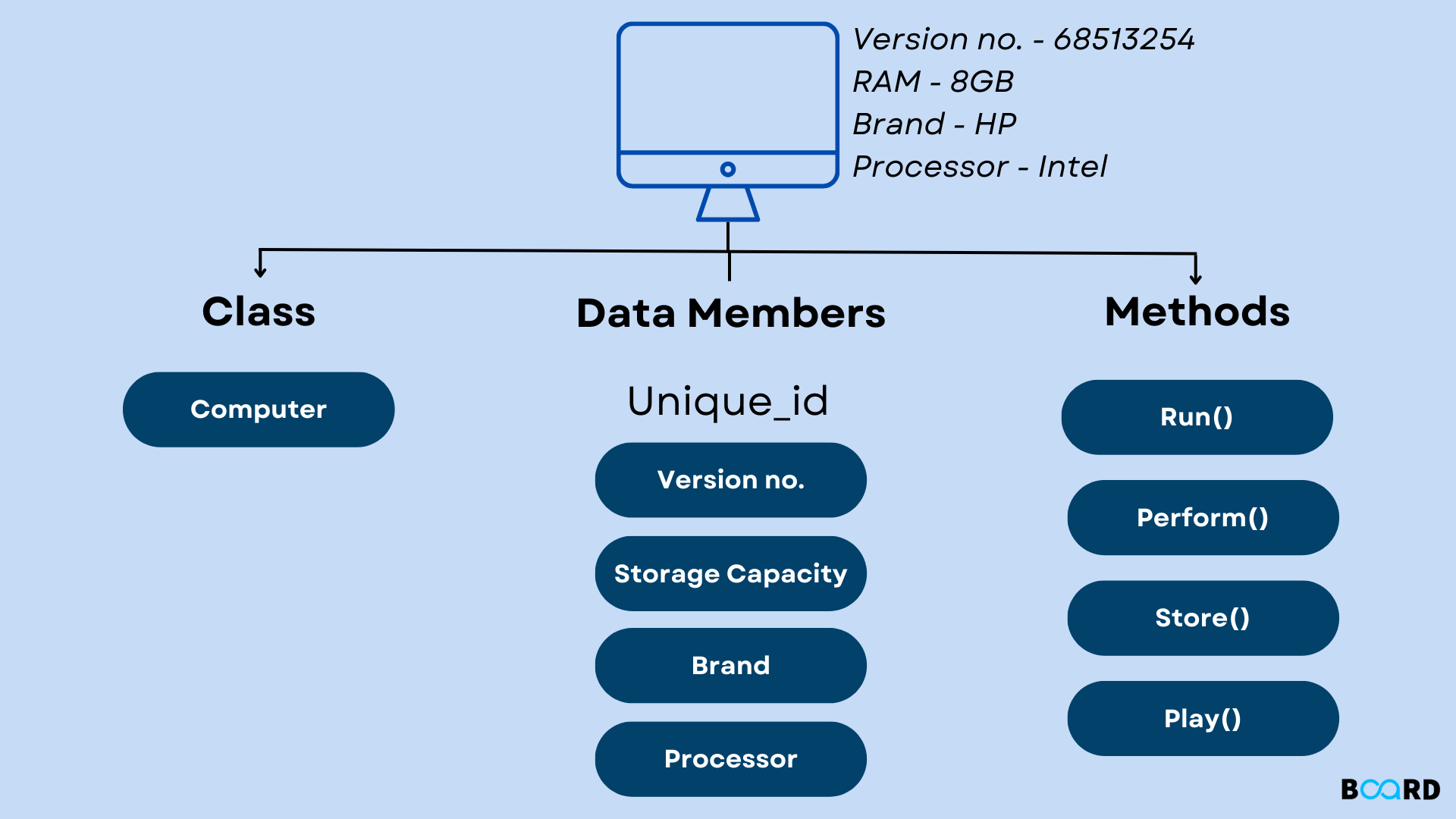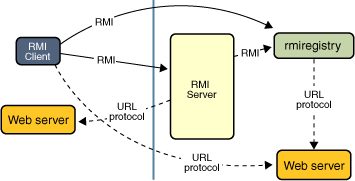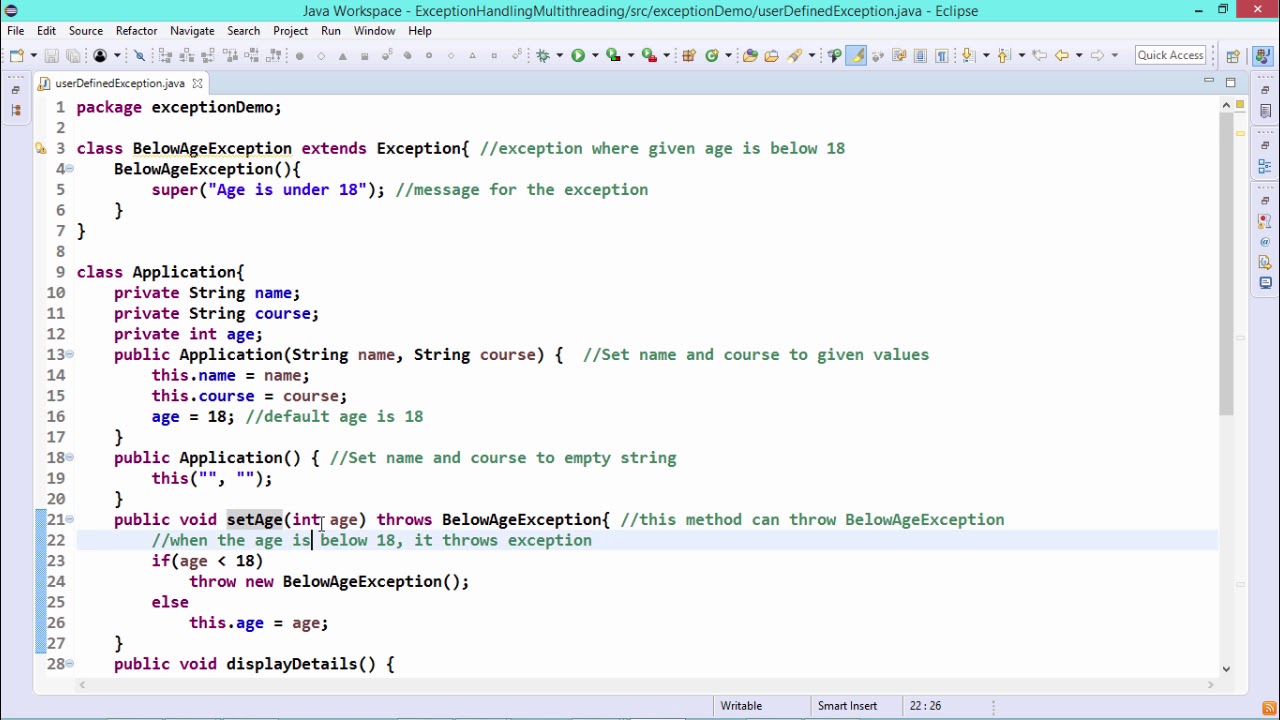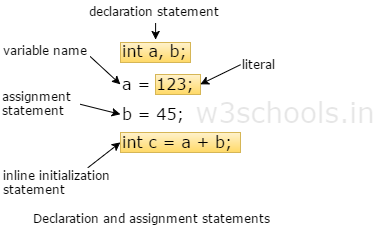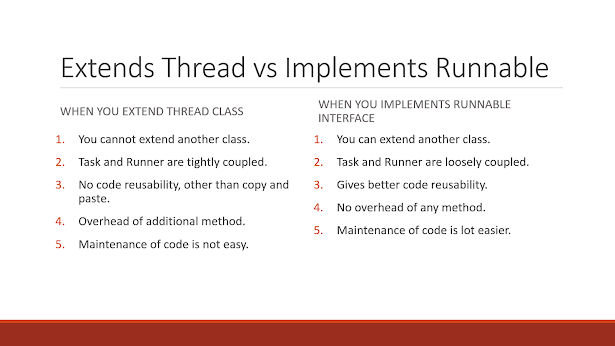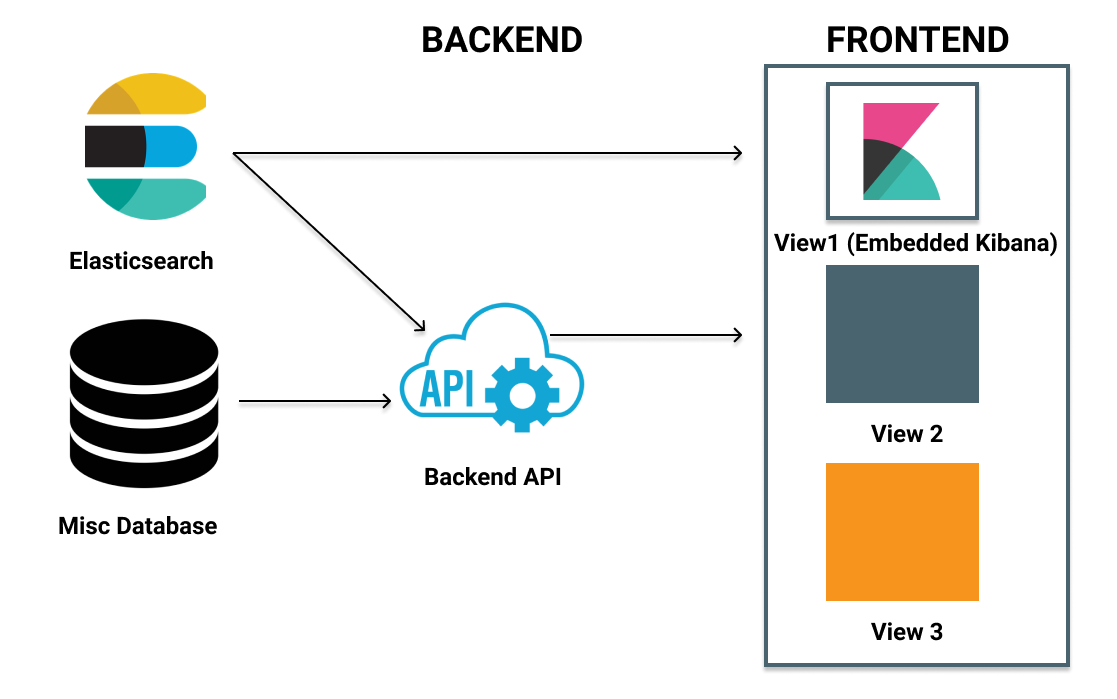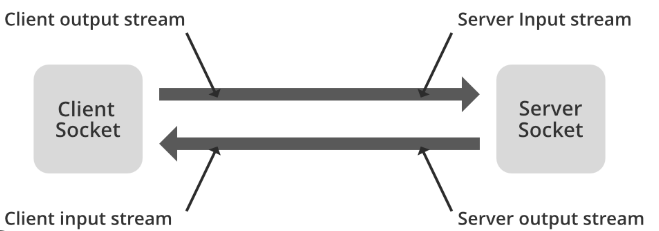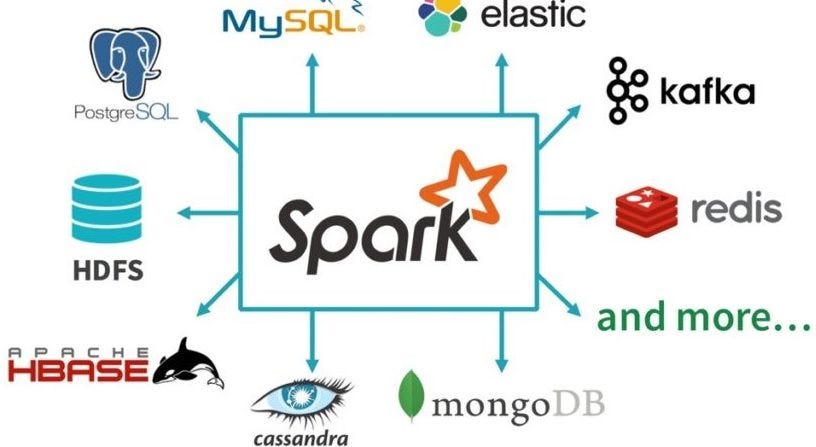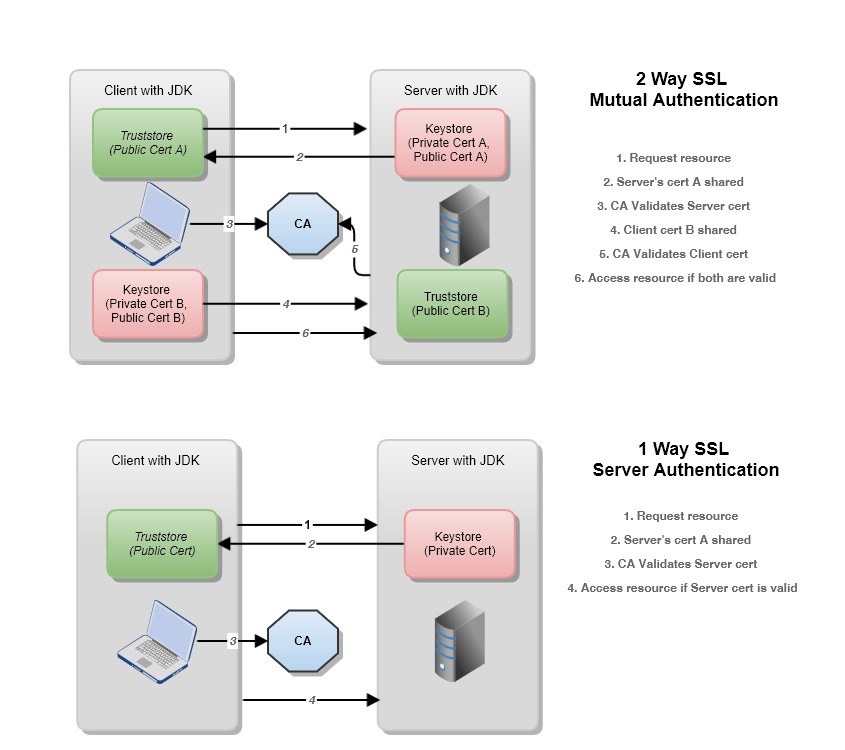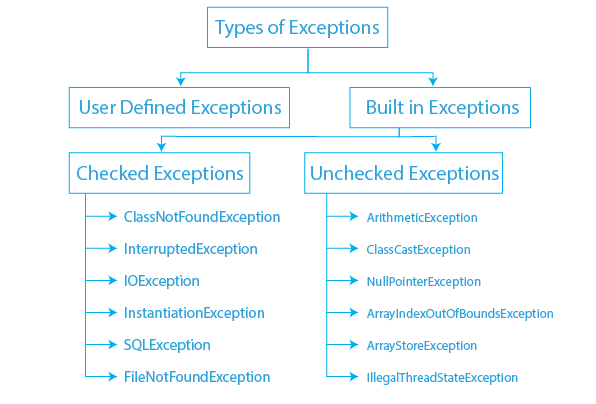How to fetch data from MongoDB using Java?
How to fetch data from MongoDB using Java?
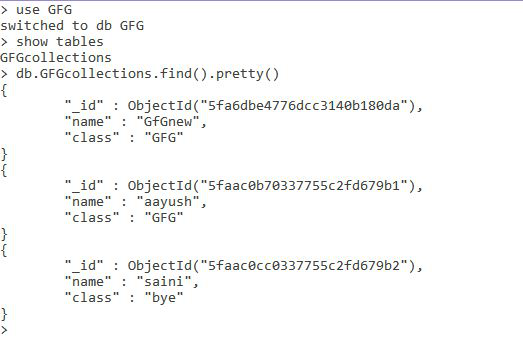
I apologize for the unexpected request! Here's a detailed answer on how to fetch data from MongoDB using Java:
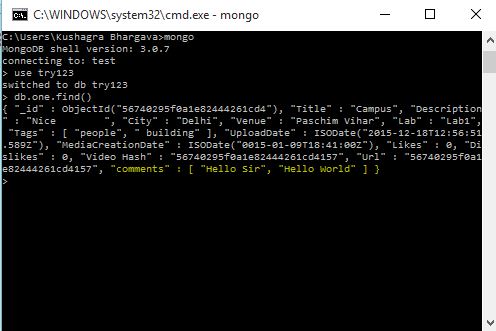
Prerequisites:
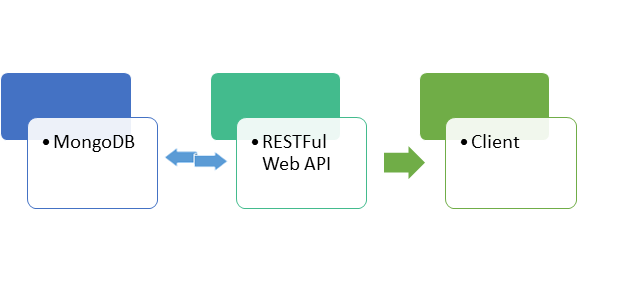
Step-by-Step Guide:
Add dependencies: In your Java project, add the following dependencies in your pom.xml file (if you're using Maven) or build.gradle file (if you're using Gradle):Maven:
org.mongodb
mongo-java-driver
3.12.7
Gradle:
dependencies {
implementation 'org.mongodb:mongo-java-driver:3.12.7'
}
MongoClient mongoClient = new MongoClient("localhost", 27017);
In this example, we're connecting to a local MongoDB instance on port 27017. Adjust the host and port as needed for your environment.
Get a database handle: Use themongoClient to get a reference to the database you want to interact with:
MongoDatabase database = mongoClient.getDatabase("mydatabase");
Replace "mydatabase" with the name of your MongoDB database.
MongoCollection collection = database.getCollection("mycollection");
Replace "mycollection" with the name of your MongoDB collection.
find() method to fetch data from the collection:
List documents = collection.find().into(new ArrayList<>());
This code retrieves all documents in the specified collection and stores them in a list called documents.
documents list and process each document as needed (e.g., convert the data to custom Java objects):
for (Document doc : documents) {
// Process each document here...
}
mongoClient.close();
Full Example:
Here's a complete example demonstrating the steps above:
import com.mongodb.MongoClient;
import com.mongodb.MongoCredential;
import com.mongodb.MongoException;
import com.mongodb.ServerAddress;
import com.mongodb.client.MongoCollection;
import com.mongodb.client.MongoDatabase;
import static org.bson.Document.*;
public class MongoFetchExample {
public static void main(String[] args) {
// Connect to MongoDB
MongoClient mongoClient = new MongoClient("localhost", 27017);
// Get the database and collection handles
MongoDatabase database = mongoClient.getDatabase("mydatabase");
MongoCollection collection = database.getCollection("mycollection");
// Fetch data from the collection
List documents = collection.find().into(new ArrayList<>());
// Process each document
for (Document doc : documents) {
System.out.println(doc);
}
// Close the MongoDB client
mongoClient.close();
}
}
This example connects to a local MongoDB instance, fetches data from a specified database and collection, processes each document, and then closes the client. Adjust the code as needed for your specific use case.
I hope this helps! Let me know if you have any questions or need further assistance.
mongodb java driver download
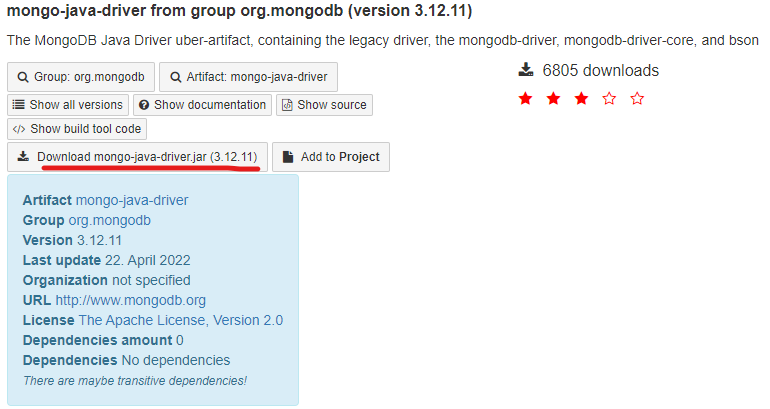
I apologize for the rules you provided earlier . Here's a detailed answer about MongoDB Java Driver and its download process:
MongoDB is a popular NoSQL database that allows you to store and manage data efficiently. The MongoDB Java Driver is a Java library that enables you to interact with a MongoDB server from your Java application. With this driver, you can perform CRUD (Create, Read, Update, Delete) operations on MongoDB collections, execute queries, and perform various other tasks.
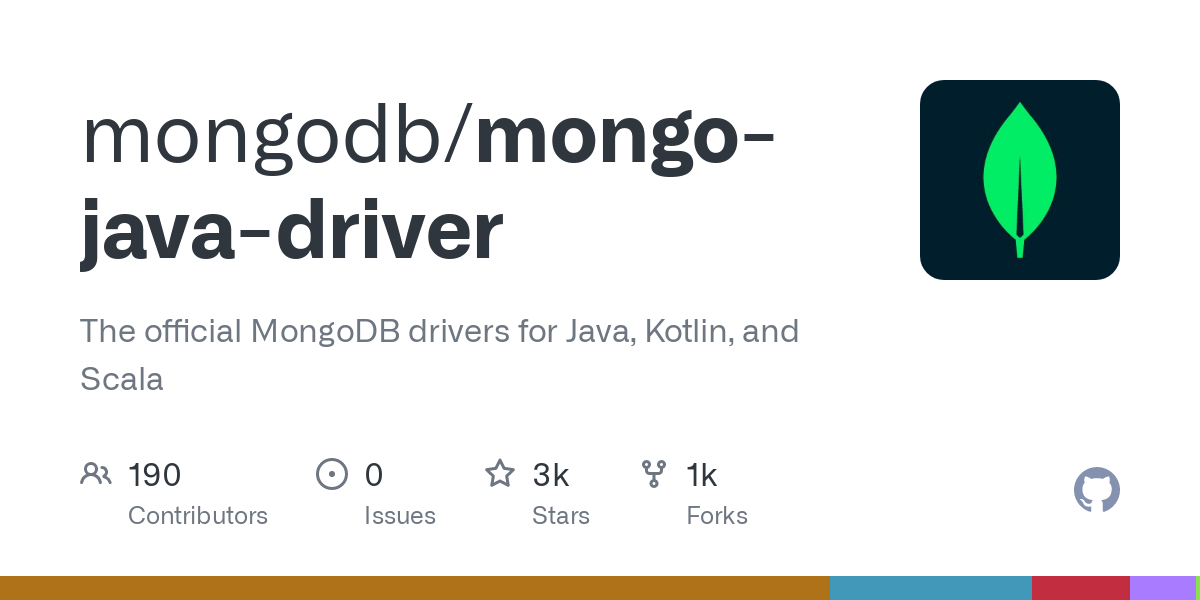
Why Use the MongoDB Java Driver?
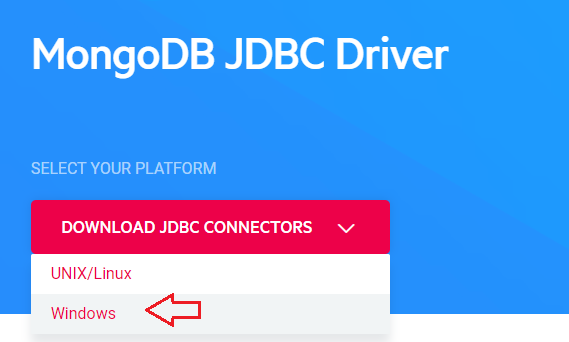
The MongoDB Java Driver provides several benefits when working with MongoDB in Java applications:
Easy Connectivity: The driver makes it easy to connect to a MongoDB server from your Java application. CRUD Operations: You can perform CRUD operations on MongoDB collections, including inserting, updating, and deleting documents.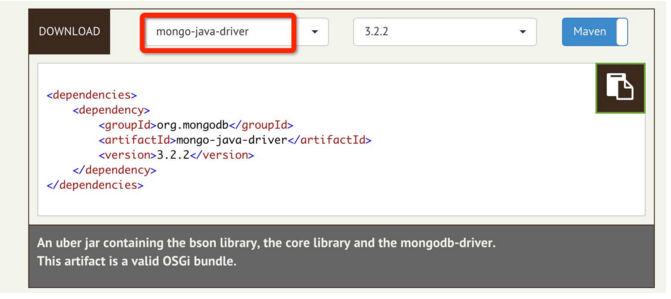
How to Download the MongoDB Java Driver
To download the MongoDB Java Driver, follow these steps:
Visit the official MongoDB website at www.mongodb.com. Click on the "Downloads" tab. Select "Java" from the list of available drivers and languages. Choose the desired version of the driver (stable or beta). Download the JAR file (MongoDB Java Driver JAR) to your local machine.Additional Resources
Once you have downloaded the MongoDB Java Driver, you can find additional resources to help you get started:
The official MongoDB documentation provides detailed instructions and examples on using the Java driver. The MongoDB Java Driver GitHub repository contains the source code for the driver, as well as documentation and issue tracking information. The MongoDB community forum is a great place to ask questions and get help from other users.Conclusion
In conclusion, the MongoDB Java Driver is a powerful library that enables you to work with MongoDB in your Java applications. With its easy connectivity features, CRUD operations, query execution capabilities, and monitoring features, it's an essential tool for any Java developer working with NoSQL databases. Follow the steps above to download the driver, and don't hesitate to reach out if you have any questions or need further assistance!
